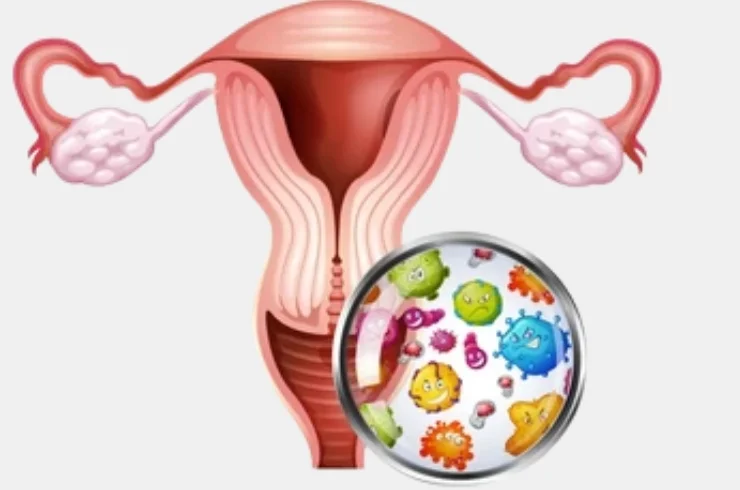
Understanding Gynecological Infections & STDs
Gynecological infections and sexually transmitted diseases (STDs) can affect women of all ages, leading to discomfort, reproductive health issues, and long-term complications if left untreated. Common infections include bacterial vaginosis, yeast infections, urinary tract infections (UTIs), and sexually transmitted infections (STIs) such as HPV, chlamydia, gonorrhea, and herpes. Dr. M. Keerthi Reddy emphasizes early detection, proper treatment, and preventive care to help women maintain optimal intimate health.
Symptoms & Diagnosis
Symptoms of gynecological infections and STDs vary but may include unusual vaginal discharge, itching, burning sensation, pelvic pain, painful urination, or abnormal bleeding. Many STDs remain asymptomatic in the early stages, making regular screenings essential for early detection. Dr. M. Keerthi Reddy provides thorough diagnostic evaluations, including pelvic exams, pap smears, HPV testing, and advanced lab tests, ensuring accurate diagnosis and timely treatment.
Prevention & Treatment
Preventive measures such as practicing safe sex, maintaining proper hygiene, and getting vaccinated against HPV can significantly reduce the risk of infections and STDs. Treatment options vary based on the condition and may include antibiotics, antifungal medications, or antiviral therapies. Dr. M. Keerthi Reddy educates women on preventive care, promotes regular health check-ups, and offers effective, patient-centered treatments to safeguard long-term reproductive health.
Frequently Asked Questions
Recurrent infections can be triggered by hormonal changes, poor hygiene, unprotected intercourse, or antibiotic use. Maintaining proper intimate hygiene and seeking medical advice for persistent symptoms is recommended.
Practicing safe sex, using condoms, regular STD screenings, and getting the HPV vaccine can help prevent sexually transmitted infections. Avoiding multiple sexual partners also reduces the risk.
The HPV vaccine is recommended for girls and boys between 9-26 years, with the ideal age being 11-12. However, adults up to 45 years can also get vaccinated after consulting their doctor.